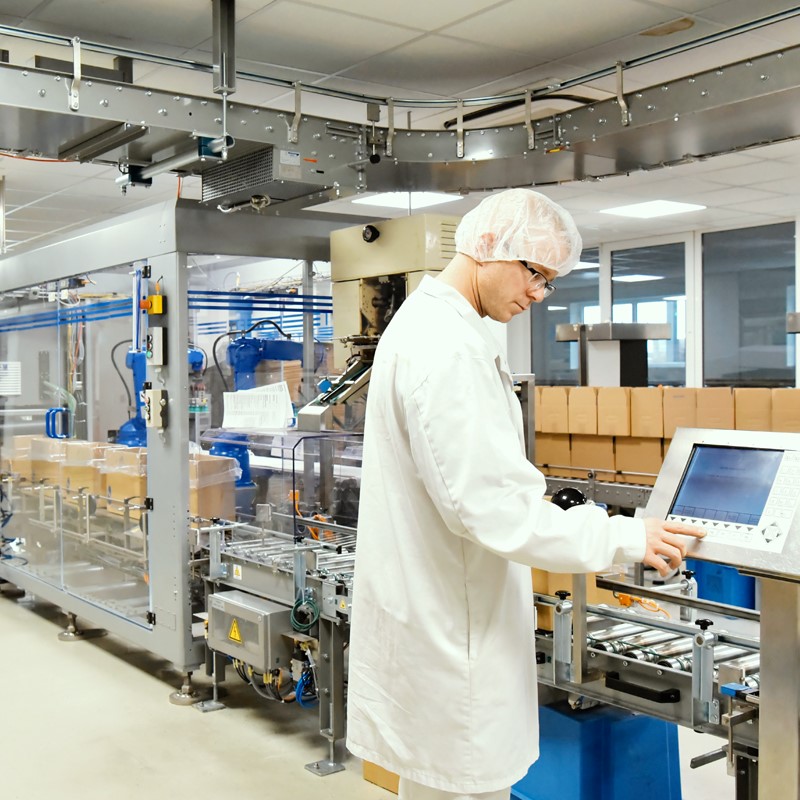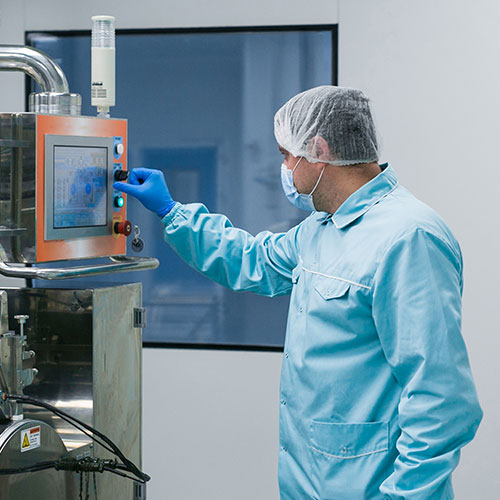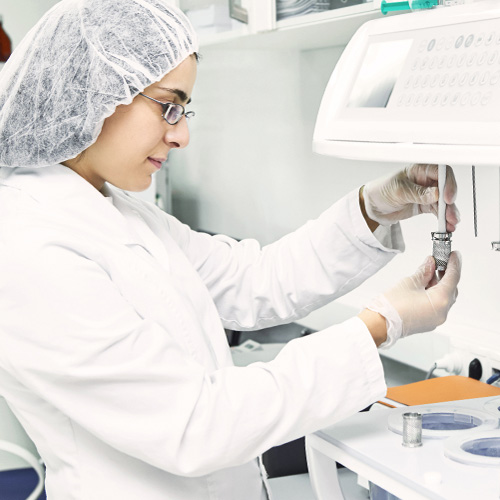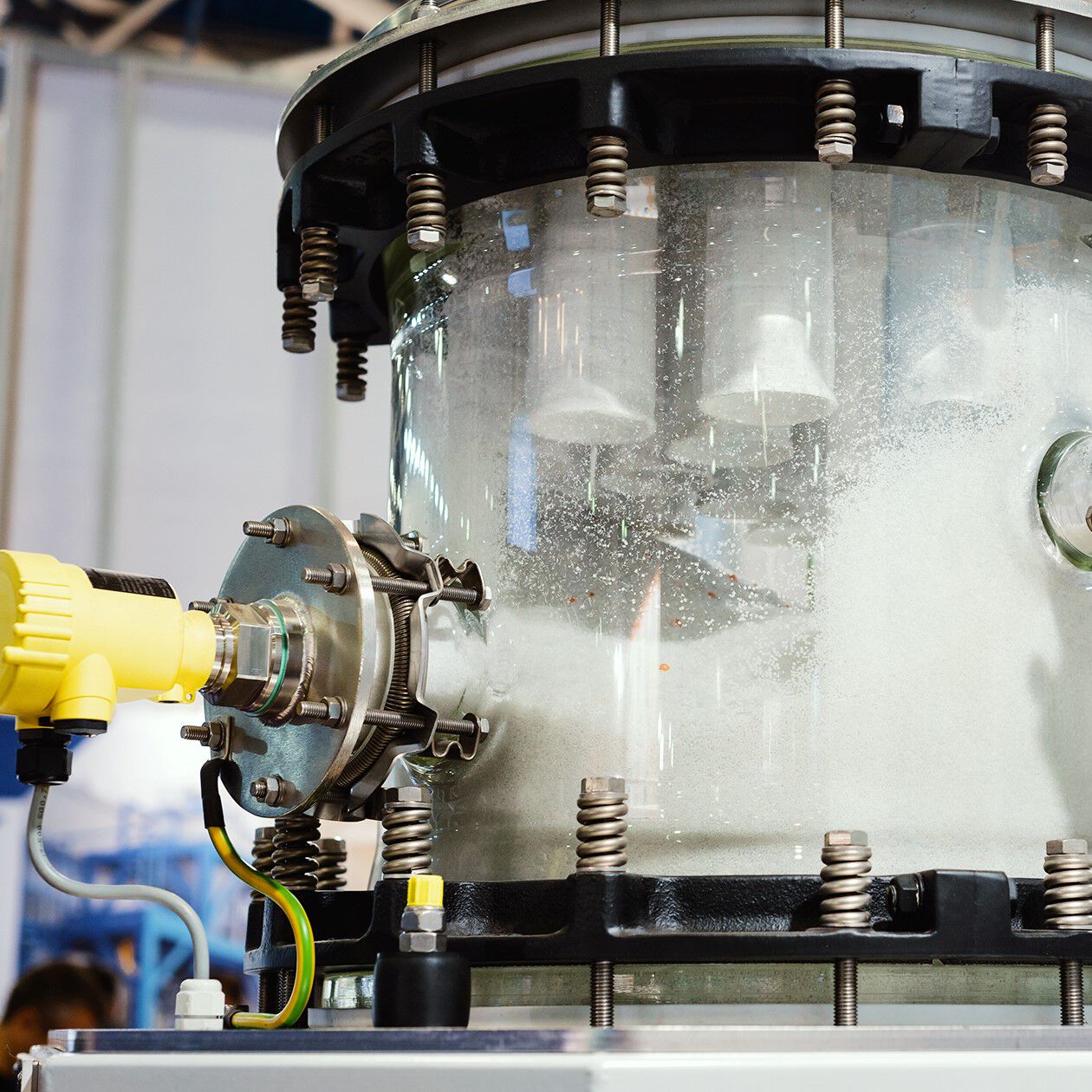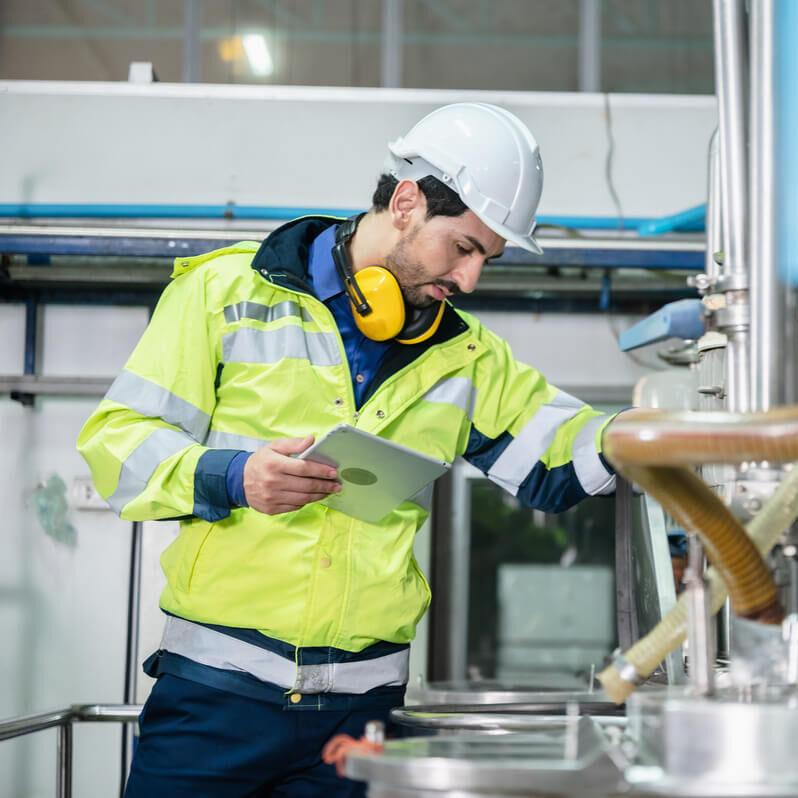Digitalization / Industry 4.0 in chemical production and distribution
Compared to other sectors, the topics of "digitalization" and "Industry 4.0" are still in the development stage in the chemical industry. Comprehensive digitalization programs are the exception rather than the rule. Individual solutions that address selected topics are more common. For example, anomaly algorithms can be used to predict the failure of a plant component. Advanced Process Control keeps a process automated in a specific window or provides information to plant operators.
However, automation not only improves processes. It is also a key factor in solving the demographic challenge: in the next two to three years, it is estimated that 30-40% of the industry's workforce will be replaced, and with it their expertise. Closing this gap is becoming increasingly difficult, especially as shift work is also becoming less attractive. This is where automation and digitalization can make valuable contributions: e.g. by digitalizing expertise and reducing the need for personnel for work that appears less attractive.
Demand-driven digitalization and automation
Many industry representatives consider business cases for digitalization solutions to be ultimately unsustainable. In fact, it is essential to ensure that the digitalization strategy is closely derived from individual business requirements. This is the only way to ensure that this is not a technology-driven process – but that digitalization is geared towards actual needs and thus finds acceptance.
With a view to acceptance, it is necessary to involve the organization in the implementation of the solution. For example, to allay the concerns of technical employees that digitally supported, predictive maintenance will make their work "superfluous". This opens up new opportunities to use time in a more value-adding way and to incorporate new, interesting tasks. New forms of collaboration with suppliers can also emerge, e.g. by automatically exchanging data on production progress, stock levels and much more along the value chain.
CLIENTS
Further services for the chemical industry




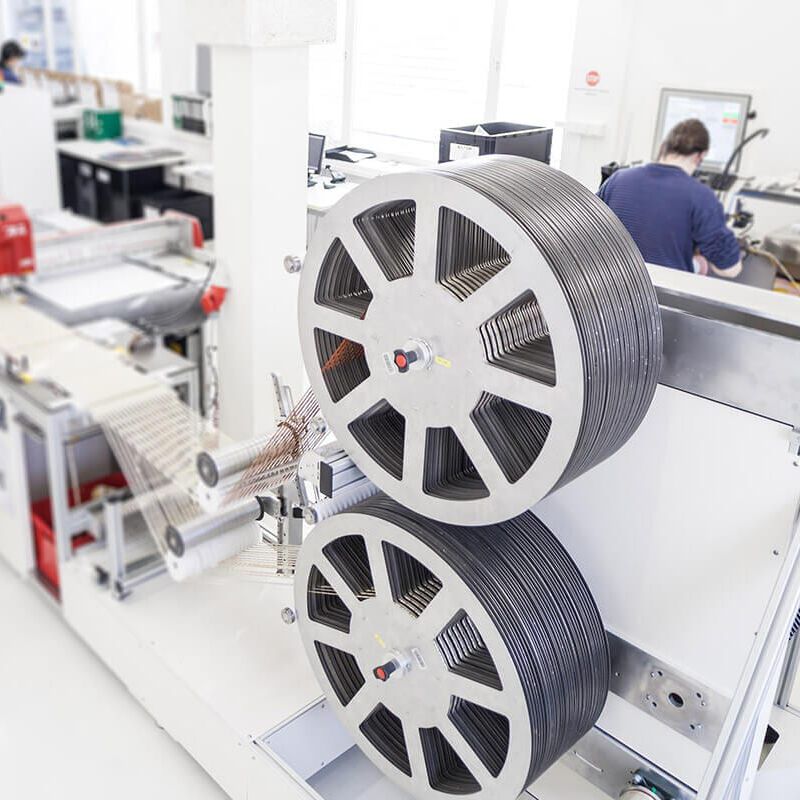
![[Translate to English:] ROI Case Studie - Digital Twin](/fileadmin/_processed_/6/1/csm_roi-casestudy-digital-twin_3c8c268a58.jpg)

![[Translate to English:] Warehouse 4.0, Intralogistik 4.0, Logistik](/fileadmin/user_upload/intralogistik-2030-roi-beratung.jpg)
